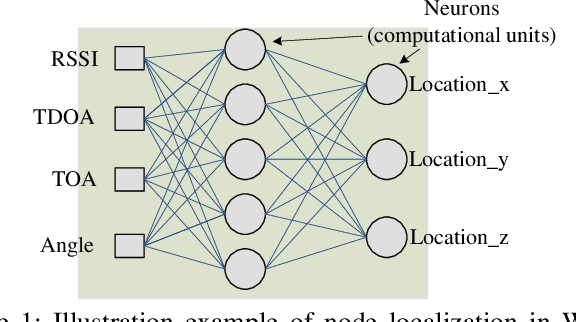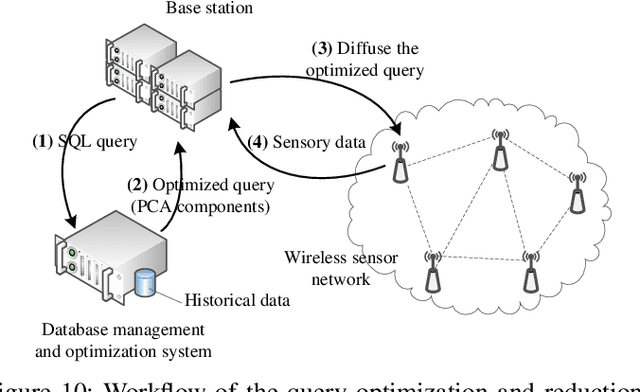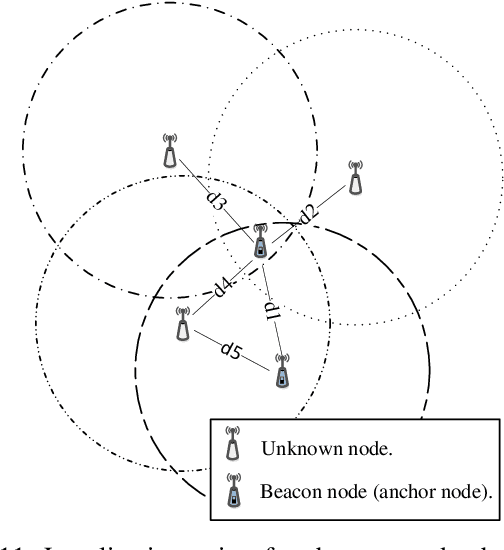Machine Learning in Wireless Sensor Networks: Algorithms, Strategies, and Applications
Paper and Code
Mar 19, 2015



Wireless sensor networks monitor dynamic environments that change rapidly over time. This dynamic behavior is either caused by external factors or initiated by the system designers themselves. To adapt to such conditions, sensor networks often adopt machine learning techniques to eliminate the need for unnecessary redesign. Machine learning also inspires many practical solutions that maximize resource utilization and prolong the lifespan of the network. In this paper, we present an extensive literature review over the period 2002-2013 of machine learning methods that were used to address common issues in wireless sensor networks (WSNs). The advantages and disadvantages of each proposed algorithm are evaluated against the corresponding problem. We also provide a comparative guide to aid WSN designers in developing suitable machine learning solutions for their specific application challenges.
 Add to Chrome
Add to Chrome Add to Firefox
Add to Firefox Add to Edge
Add to Edge